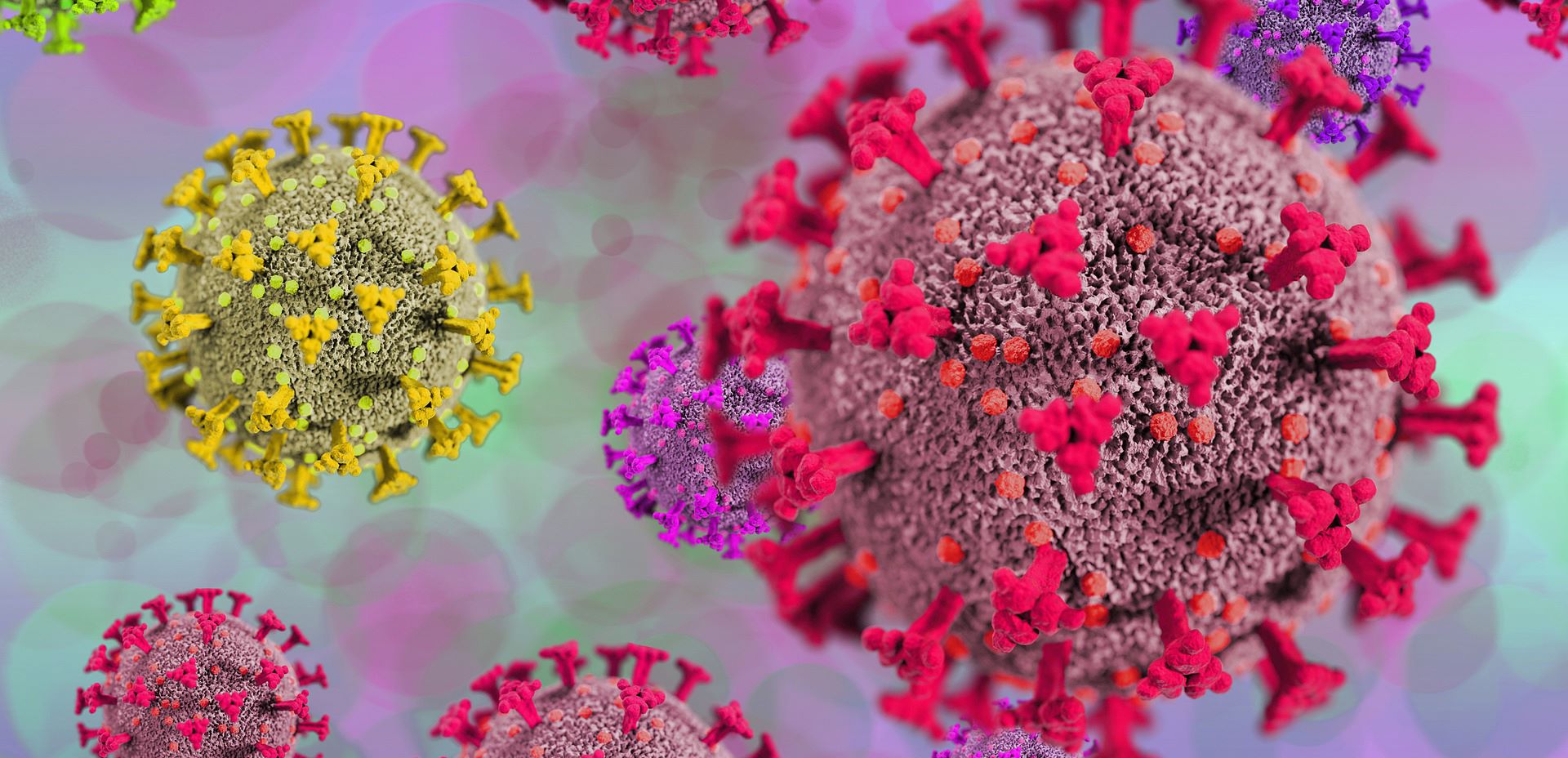A recent federal study has identified the 12 symptoms that most distinctly characterize long COVID, yet it does not fully explain why around 10% of individuals continue to experience health issues for months or even years after a mild COVID-19 infection.
The National Institutes of Health’s RECOVER program analyzed nearly 10,000 participants and pinpointed the twelve most commonly reported ailments from a list of approximately 200 previously recognized symptoms of long COVID. These symptoms range from brain fog and heart palpitations to sexual dysfunction and digestive disorders.
Despite these findings, the study does not provide definitive answers regarding the causes of long COVID, why it affects only certain individuals, or effective treatment and diagnostic methods.
The team behind the study acknowledged the investigation’s limitations but noted it establishes a “common language” for initiating further research into treatments.
“Now that we can identify people with long COVID, we can begin conducting more detailed studies to understand the biological mechanisms at play,” said co-author Andrea Foulkes, a professor at Harvard Medical School, in a press release.
“One significant takeaway from this study is the heterogeneity of long COVID: it’s not just one syndrome; it’s a syndrome of syndromes.”

The study, published recently in the Journal of the American Medical Association, involved over 8,600 adults who had COVID-19 at various stages of the pandemic, compared to 1,100 who were not infected.
Among the 37 common symptoms persisting after six months in COVID-19 patients, the twelve identified in the study were the most frequently reported.
Approximately 20% of individuals who had COVID met the criteria for long COVID—also known as Post-Acute Sequelae of SARS-CoV-2 infection (PASC)—at the six-month mark.
“Americans living with long COVID want to understand what is happening with their bodies,” remarked Dr. Rachel L. Levine, assistant secretary for health, in the release.
The study also found that persistent health issues were more prevalent among individuals infected before the emergence of the omicron variant in December 2021. Rates of long COVID were also higher among the unvaccinated and those who experienced reinfection.
There Are the 12 Symptoms of COVID-19.
- Postexertional malaise, or the worsening of health after mental or physical activity
- Fatigue
- Brain fog
- Dizziness
- Gastrointestinal symptoms
- Heart palpitations
- Changes in sexual desire or capacity
- Loss of or change in smell or taste
- Thirst
- Chronic cough
- Chest pain
- Abnormal movements
There is some optimism as the risk of long COVID appears to be decreasing. According to the most recent data from the U.S. Census Bureau’s “Household Pulse Survey,” conducted monthly since April 2020, only 10% of adults previously infected with COVID-19 reported long COVID symptoms as of May 8, down from 18.9% in June of the previous year.
“This study represents an important milestone in defining long COVID beyond individual symptoms,” noted Horwitz. “This approach—likely to evolve over time—will provide a foundation for scientific discovery and treatment development.”
